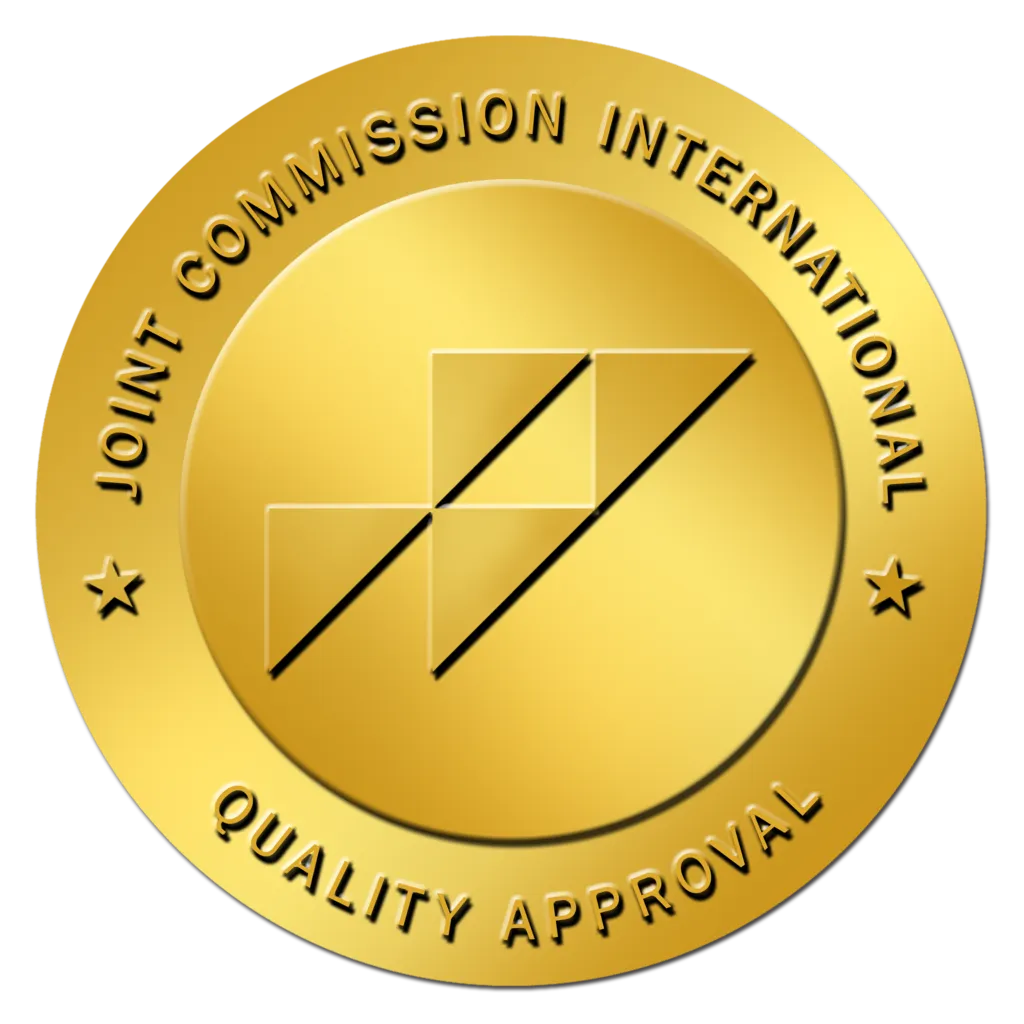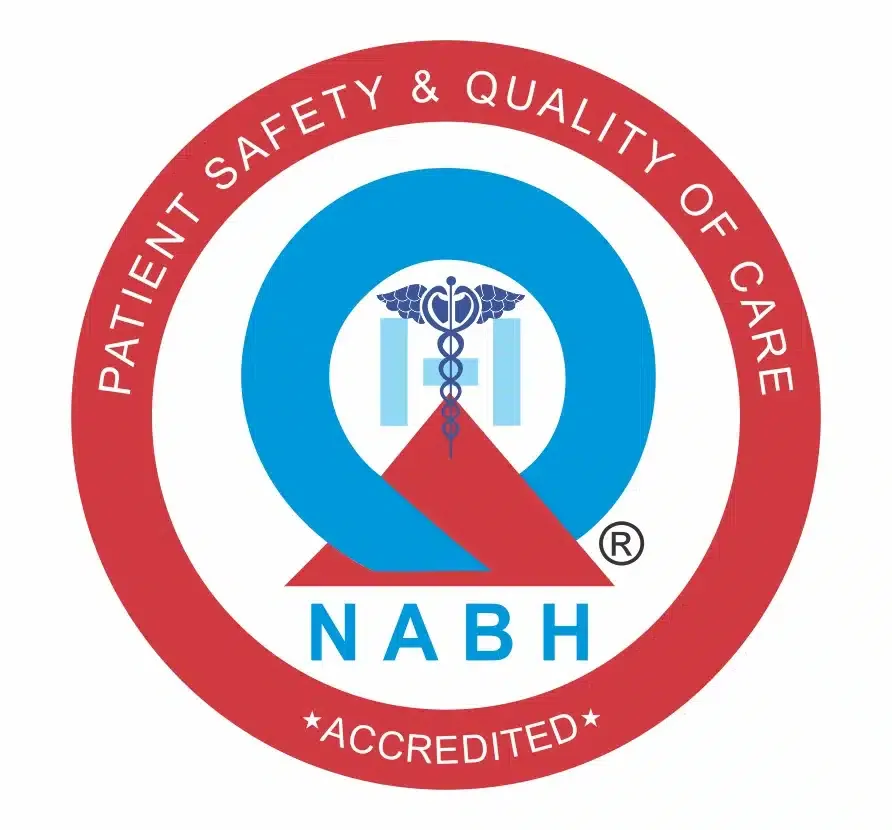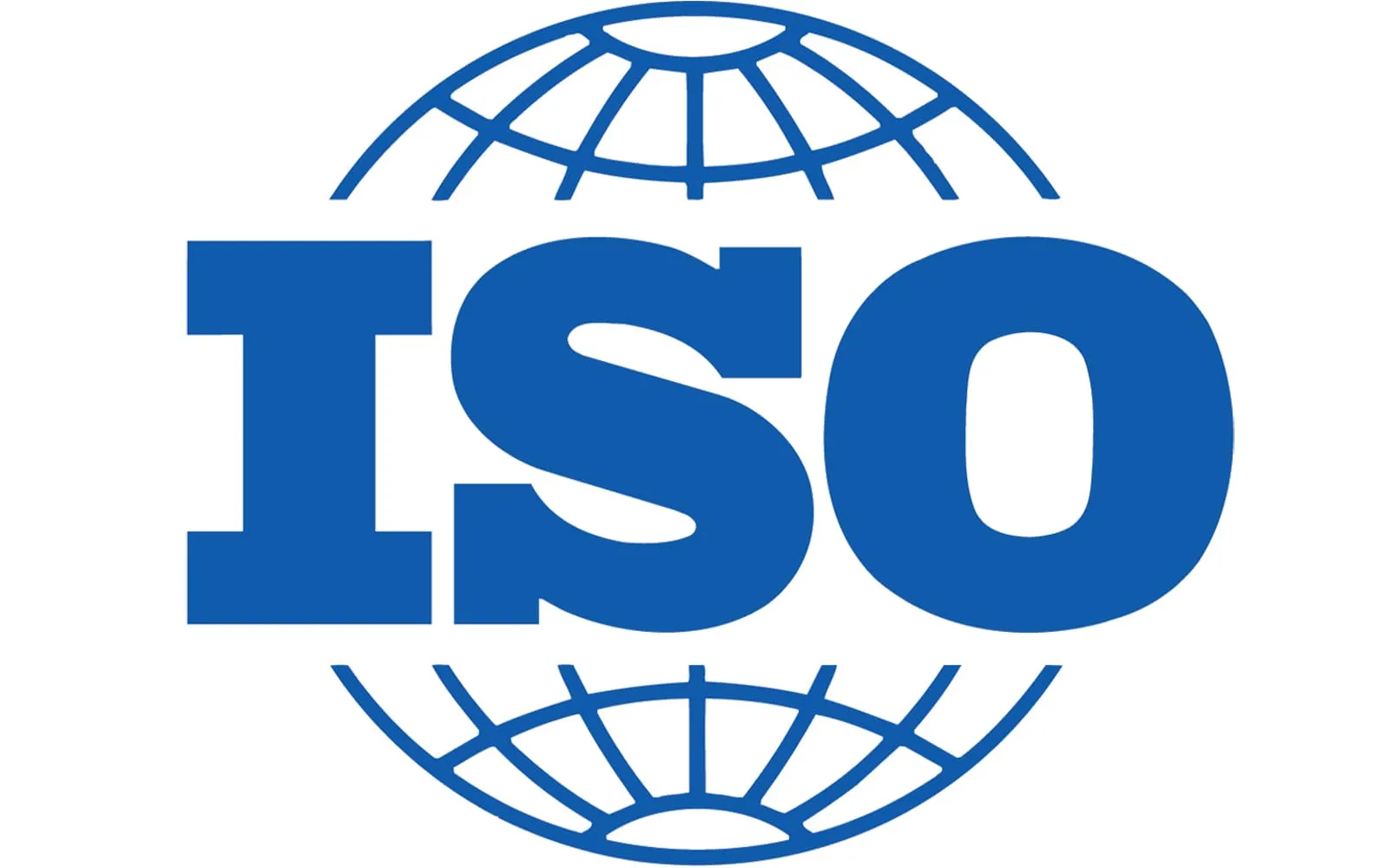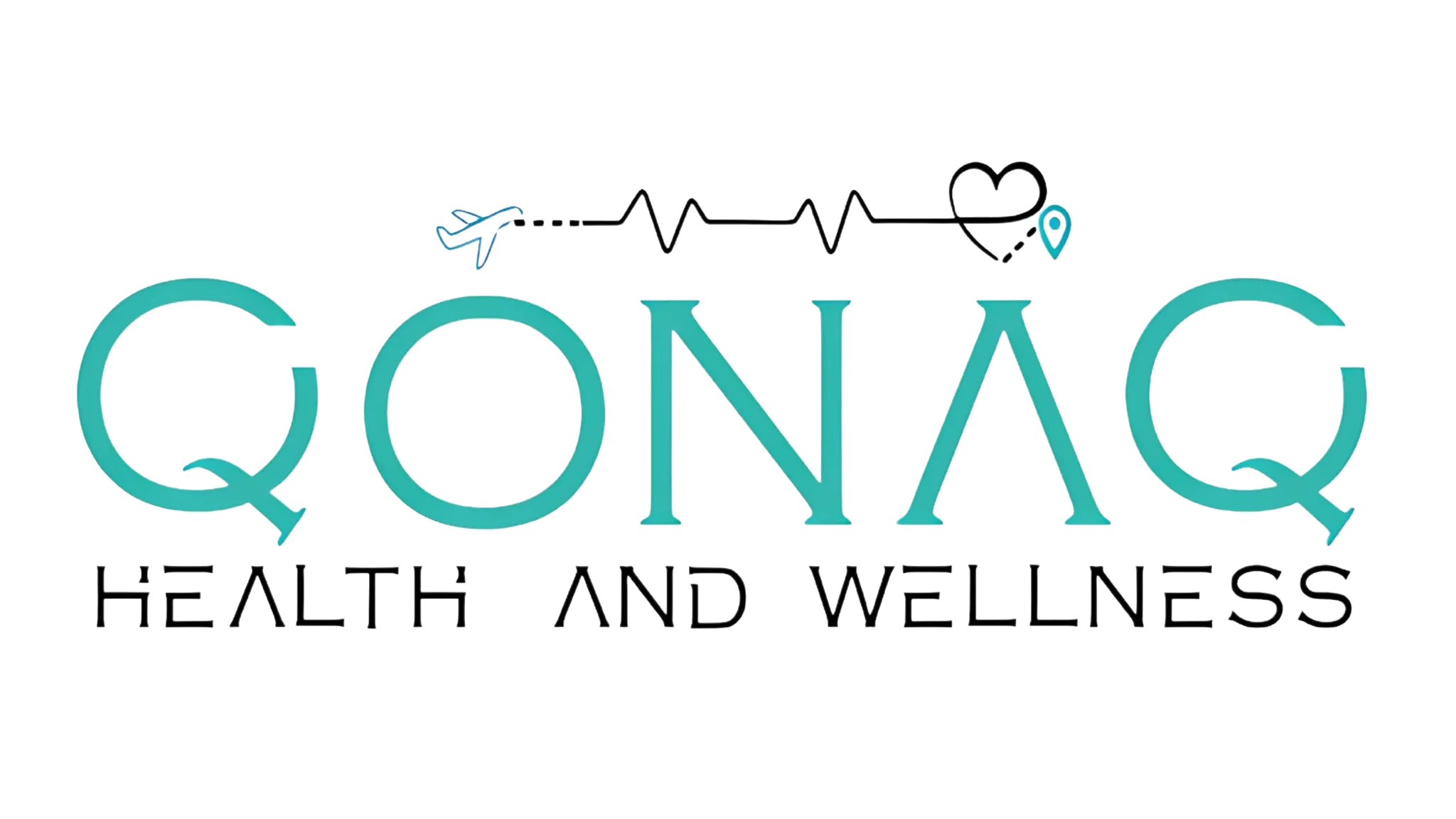
Shoulder Arthroscopy Cost in India
About Shoulder Arthroscopy
What Is Shoulder Arthroscopy and Why Is It Done?
Shoulder arthroscopy is a procedure that allows doctors to look inside the shoulder joint and treat problems using small instruments and a tiny camera. Instead of making a large incision, the surgeon creates a few minor cuts and inserts an arthroscope (a thin tube with a light and camera) to see the joint clearly on a screen. This minimally invasive method reduces pain, lowers the chances of infection, and speeds up recovery time.
Doctors use shoulder arthroscopy to both diagnose and treat a variety of conditions that affect the shoulder. It is most commonly done when patients experience ongoing pain, weakness, stiffness, or restricted movement that does not improve with medications or physiotherapy.
Some of the most common reasons for shoulder arthroscopy include:
- Rotator cuff tears that need surgical repair
- Labral tears, such as SLAP or Bankart lesions, that are often seen in athletes
- Frozen shoulder (adhesive capsulitis) when conservative treatments fail
- Shoulder impingement syndrome, where bones and soft tissues rub painfully
- Removal of bone spurs, loose cartilage, or inflamed tissue
- Shoulder dislocations that cause repeated instability
The procedure is highly effective for both active adults and elderly patients who wish to regain shoulder function without undergoing a major open surgery. It can be done as a day-care or short-stay surgery, depending on the complexity and patient health.
What Are the Different Types of Shoulder Arthroscopy Procedures?
Shoulder arthroscopy is a versatile procedure used to treat a wide range of shoulder problems. Depending on the specific condition, orthopedic surgeons perform different types of arthroscopic surgeries using specialized instruments through small keyhole incisions. Each type targets a particular issue, allowing precise treatment with minimal tissue damage.
- Diagnostic Arthroscopy: In this procedure, the surgeon inspects the inside of the shoulder joint to evaluate damage or inflammation. It's commonly used when imaging scans (like MRI) are inconclusive. If a problem is found, treatment can often be done during the same session.
- Rotator Cuff Repair: It is one of the most common arthroscopic procedures. When the rotator cuff tendon is torn, the surgeon cleans the damaged tissue and reattaches it to the bone using sutures and anchors. It helps restore strength, reduce pain, and improve range of motion.
- Labral Repair (SLAP or Bankart Repair): The labrum is the ring of cartilage around the shoulder socket. Tears can occur due to injury or repetitive overhead activity. Arthroscopy allows the surgeon to trim or reattach the torn labrum, restoring joint stability and preventing future dislocations.
- Subacromial Decompression: It is performed in patients with impingement syndrome. The surgeon removes inflamed tissue, bony spurs, or part of the acromion bone to create space and reduce friction on the rotator cuff tendons. It relieves chronic shoulder pain and inflammation.
- Biceps Tendon Repair or Tenodesis: In cases where the biceps tendon is damaged or unstable, the surgeon may release or reattach it during arthroscopy. It helps relieve pain in the front of the shoulder and prevents further tearing.
- Loose Body Removal or Synovectomy: If the joint has floating bone or cartilage fragments (loose bodies), or inflamed synovial tissue (seen in rheumatoid arthritis), the surgeon removes these to restore smoother movement and reduce joint swelling.
Each of these procedures is tailored to the patient's condition, and multiple techniques can often be combined in a single session. Arthroscopy reduces surgical trauma, speeds up healing, and is suitable for both athletes and older adults with degenerative shoulder conditions.
How Is Shoulder Arthroscopy Performed?
Shoulder arthroscopy is a minimally invasive surgical procedure that orthopedic surgeons perform under anesthesia using small incisions and a camera-guided system. The surgery allows them to diagnose and treat problems inside the joint without cutting through large amounts of muscle or tissue.
Below is the step-by-step overview of the procedure:
- Positioning the Patient: The surgical team positions the patient either in a semi-seated (beach chair) or lateral decubitus (side-lying) position, depending on the surgeon's preference and the area of the shoulder being treated. It allows optimal access to the shoulder joint.
- Administering Anesthesia: An anesthesiologist administers either general anesthesia or regional nerve block to keep the patient pain-free throughout the procedure. In many cases, both are used to ensure comfort during and after surgery.
- Creating Portal Incisions: The surgeon makes two or three small incisions (typically 5-10 mm each) around the shoulder. Through one of these incisions, they insert an arthroscope, a pencil-sized camera that projects high-resolution images of the joint onto a screen in real-time.
- Inspecting the Joint: The surgeon thoroughly examines all parts of the shoulder, such as the labrum, rotator cuff, cartilage, ligaments, and biceps tendon, by gently rotating the arthroscope and inflating the joint with sterile fluid to improve visibility.
- Inserting Surgical Instruments: Using the other small incisions (called portals), the surgeon inserts tiny instruments to trim torn tissues, remove bone spurs, smooth cartilage, or repair torn tendons and ligaments using sutures or anchors. The camera guides every step for maximum precision.
- Flushing and Closing the Joint: After completing the repair or treatment, the surgeon flushes the joint with sterile saline to remove debris or blood. Then, they remove the instruments and arthroscope and close the small incisions with a few stitches or surgical tape.
- Recovery Room Monitoring: After shoulder arthroscopy, the patient is moved to the recovery room where vital signs are monitored while the anesthesia wears off. Pain management starts immediately, and the surgeon gives instructions about movement restrictions, sling usage, and physiotherapy.
The entire procedure usually takes between 30 minutes and 1.5 hours, depending on the complexity of the repair. Most patients are discharged the same day or the next day. With early rehabilitation, they typically regain shoulder function faster than those undergoing traditional open surgery.
Send Query
About Shoulder Arthroscopy in India
What Is the Cost of Shoulder Arthroscopy in India and What Does It Include?
The cost of shoulder arthroscopy in India typically ranges between ₹1,20,000 and ₹3,00,000, which is approximately $1,450 to $3,600. This pricing is significantly lower than what is charged in countries like the US, UK, or UAE, where the same procedure can cost up to $10,000–$15,000 or more.
What's Typically Included in the Cost
- Pre-surgery investigations, such as X-rays, MRI (if needed), blood tests, and anesthesia evaluation
- Surgeon's fees for performing the procedure, including consultation and postoperative care
- Anesthesia and operating theatre charges
- Arthroscopic instruments and consumables, including suture anchors or implants if used
- Hospital stay (usually 1 to 2 days), including room charges, nursing care, and meals
- Medications during admission, including antibiotics, pain relievers, and IV fluids
- Initial post-op physiotherapy during the hospital stay to help restore shoulder mobility.
- Follow-up consultation, typically within 7 to 10 days of surgery for suture removal and progress check
Breakdown of Shoulder Arthroscopy Cost in India
The total cost of shoulder arthroscopy in India ranges from ₹1,20,000 to ₹3,00,000 (approximately $1,450 to $3,600), depending on the procedure's complexity, hospital choice, and postoperative needs. Knowing where this cost goes helps patients plan better, especially when traveling from overseas.
- A portion of the cost is allocated to pre-operative investigations, which include shoulder X-rays, MRI scans (if needed), and general medical screening. It typically costs between ₹10,000 and ₹15,000.
- Surgeon and anesthesia fees form a significant part of the package, ranging from ₹40,000 to ₹75,000 depending on the expertise involved.
- Operating theatre and surgical consumables, including arthroscopic tools, suture anchors, and camera-guided systems, can cost ₹30,000 to ₹70,000.
- A 1–2 day hospital stay in a private room adds ₹25,000 to ₹50,000, which includes nursing care, medications during admission, and meals.
- Postoperative physiotherapy and follow-up care may cost another ₹10,000 to ₹30,000, especially if multiple therapy sessions are needed.
Cost Component | Estimated Cost (INR) |
| Pre-surgery Investigations | ₹10,000 – ₹15,000 |
| Surgeon and Anesthesia Fees | ₹40,000 – ₹75,000 |
| OT Charges and Surgical Instruments | ₹30,000 – ₹70,000 |
| Hospital Stay (1–2 days) | ₹25,000 – ₹50,000 |
| Post-op Medications and Physiotherapy | ₹10,000 – ₹30,000 |
| Total Estimated Cost | ₹1,20,000 – ₹3,00,000 |
Note: Additional costs may apply in case of complex repairs or if shoulder implants (anchors, screws) are used.
How Does Shoulder Arthroscopy Cost in India Compare with Other Countries?
India offers shoulder arthroscopy at a significantly lower price compared to many developed countries, while maintaining excellent clinical outcomes. The procedure in India typically costs ₹1,20,000 to ₹3,00,000 ($1,450 to $3,600), which includes surgeon fees, operating room charges, anesthesia, and a short hospital stay.
In contrast, the same surgery in Western countries can cost three to five times more, often excluding follow-up physiotherapy or post-op support.
Country | Average Cost (USD) | What’s Included |
| India | $1,450 – $3,600 | Complete surgical package including hospital stay, medication, and follow-up |
| United States | $10,000 – $15,000 | Often excludes post-op therapy and additional hospital charges |
| United Kingdom | $9,000 – $13,000 | Covered by NHS for locals; private hospitals are expensive |
| Canada | $10,000 – $14,000 | Long waiting lists in public hospitals; private care is costly for foreigners |
| UAE / Middle East | $7,000 – $11,000 | Premium pricing with variable follow-up services |
| Singapore | $6,000 – $10,000 | High-quality care but at a premium |
| Thailand | $3,500 – $6,000 | Competitive pricing but still higher than India for similar service levels |
Why Choose India for Shoulder Arthroscopy?
- Affordable, All-Inclusive Packages: India offers shoulder arthroscopy at a fraction of the global cost, with complete packages that cover surgery, stay, medications, and post-op care.
- Skilled Orthopedic Surgeons: Indian surgeons are globally trained and experienced in high-volume arthroscopic procedures, ensuring safe and successful outcomes for both simple and complex cases.
- World-Class Hospital Facilities: JCI and NABH-accredited hospitals use modern arthroscopic equipment, sterile surgical units, and advanced implants that meet international standards.
- Minimal Waiting Time: Unlike many Western countries, India offers immediate surgical scheduling, which is crucial for patients in pain or with joint damage.
- International Patient Services: Hospitals in India have dedicated teams to assist with visas, language interpretation, travel, and personalized recovery planning for overseas patients.
What Factors Affect Shoulder Arthroscopy Cost in India?
The cost of shoulder arthroscopy in India starts from ₹1,20,000, but the final amount depends on several clinical and non-clinical factors. Each patient's case is unique, and the complexity of the procedure, choice of hospital, and type of repair required all play a role in determining the total expense.
The key factors that influence shoulder arthroscopy cost in India are:
- Type of Shoulder Condition Treated: Simple procedures like diagnostic arthroscopy or minor tissue debridement cost less, while complex surgeries such as rotator cuff repair or labral reconstruction involve longer operation time, special anchors, and costlier materials.
- Surgeon's Experience and Credentials: Orthopedic surgeons with advanced fellowship training or international exposure often charge higher consultation and surgical fees.
- Hospital Infrastructure and Location: Hospitals in metro cities like Delhi, Mumbai, or Bangalore may charge more due to better facilities, modular operating theatres, and international patient departments.
- Implant and Anchor Usage: In many shoulder procedures, surgeons use suture anchors, screws, or biodegradable implants to repair tendons or cartilage. These materials vary in cost depending on quality and manufacturer, affecting the overall bill.
- Anesthesia and Operating Room Time: Longer or more complex surgeries require extended anesthesia and operating theatre usage. The duration of the procedure directly impacts hospital charges, especially in multi-surgeon or high-dependency cases.
- Length of Hospital Stay: Most patients stay in the hospital for 24 to 48 hours. If complications arise or the patient needs extended monitoring due to age or comorbidities, the hospital stay and cost may increase accordingly.
- Postoperative Physiotherapy Needs: While some patients need only a few therapy sessions, others may require intensive physiotherapy over weeks or months, especially after major tendon repairs.
What Services Are Available for International Patients Undergoing Shoulder Arthroscopy in India?
India is one of the top destinations for medical tourists seeking orthopedic surgery. Hospitals across the country offer a complete care experience for international patients, making it easier to travel, receive treatment, and recover comfortably without stress.
The services typically provided to foreign patients coming for shoulder arthroscopy in India include:
- Medical Visa Assistance: Hospitals issue a visa invitation letter (VIL) to help patients and their companions obtain a fast-track medical visa. Some centers also guide them through the application process and document submission.
- Airport Pickup and Drop-off: Most hospitals offer complimentary airport pickup and drop-off services, ensuring safe transport between the airport, hotel, and hospital on arrival and departure.
- Dedicated International Patient Coordinator: A personal coordinator manages everything, from doctor appointments and surgery bookings to translation services and discharge planning, offering one-on-one support throughout the patient's stay.
- Language Interpretation Support: Language should never be a barrier to care. Interpreters are available for Arabic, French, Swahili, Bengali, and more, allowing smooth communication between patients and medical staff.
- Affordable Accommodation Nearby: Hospitals assist in arranging guest houses, hotels, or serviced apartments for patient families at varying budgets within walking distance or a quick drive from the hospital.
- Dietary and Cultural Support: Custom meal plans are provided based on dietary restrictions, including halal, vegetarian, diabetic-friendly, and regional cuisine preferences to ensure a comfortable stay.
- Local SIM, Currency Exchange, and Connectivity: Hospitals help with getting local SIM cards, forex services, and Wi-Fi support so international patients stay connected with loved ones throughout their treatment.
- Follow-Up Care After Return Home: After surgery, hospitals offer remote follow-up consultations via video calls, email, or WhatsApp to monitor recovery, advise on therapy, and handle medication-related queries.
What Is the Success Rate and Recovery Timeline After Shoulder Arthroscopy in India?
Shoulder arthroscopy in India has a strong track record of success, primarily when performed by experienced orthopedic surgeons using advanced minimally invasive techniques. The combination of accurate diagnosis, precise surgical execution, and structured rehabilitation contributes to a success rate of 90-95%, depending on the type and severity of the shoulder condition.
Success Rate of Shoulder Arthroscopy in India
Indian hospitals consistently report high success rates for procedures like rotator cuff repair, labral tear repair, subacromial decompression, and frozen shoulder release. Most patients regain near-normal shoulder movement, experience significant pain relief, and return to daily activities within weeks.
Factors that support this success include:
- Use of international-grade arthroscopic equipment
- High surgical volume centers with orthopedic sub-specialists
- Pre-defined rehabilitation protocols
- Low rates of postoperative infection and complications
Complex procedures such as full-thickness rotator cuff repair may take longer to heal, but still show excellent long-term results when combined with physiotherapy.
Recovery Timeline After Shoulder Arthroscopy
Recovery from shoulder arthroscopy happens in phases, and the speed varies based on the type of repair performed and the patient's overall health. Here's what most patients can expect:
- Immediate Recovery (First 1-3 Days): After surgery, the shoulder is placed in a sling to minimize movement. Pain, swelling, and mild bruising are common but well-managed with medications and cold therapy. Patients are usually discharged within 24 hours.
- Early Mobility Phase (Week 1 to Week 3): Gentle movements begin under a physiotherapist's guidance. The focus is on preventing stiffness while protecting the repaired tissues. Passive range-of-motion exercises are introduced gradually.
- Strength Building Phase (Week 4 to Week 8): As healing progresses, the sling is removed, and patients begin light strengthening exercises. Activities like dressing, eating, and using a computer become easier. Pain continues to decrease.
- Functional Recovery (Week 8 to Week 12): Patients regain shoulder mobility and strength. Most can return to non-strenuous work, driving, and daily routines by this stage. Sports or heavy lifting are still restricted.
- Full Return to Activity (3 to 6 Months): By three to six months, the shoulder is usually fully functional. Athletes or those in physically demanding jobs may need longer rehab to return to full performance.
Note: Recovery speed may vary based on whether the patient had a simple diagnostic procedure or a complex repair (e.g., multiple tendon tears or joint reconstruction).
Shoulder Arthroscopy Cost Comparison by Country
Compare Shoulder Arthroscopy costs across different countries to make an informed decision about your medical treatment.
| Country | Cost Range (USD) | Potential Savings | Action |
|---|---|---|---|
INIndiaCurrentBest Value | $1,450 - $3,600 | — | Get Quote |
Note: Costs may vary based on hospital choice, room type, additional services, and individual medical requirements. Contact us for a personalized quote.
Leading Hospitals for Shoulder Arthroscopy in India

SP Medifort Hospital
SP Medifort, Thiruvananthapuram, is a JCI-accredited, 475-bed multi-super-specialty hospital spread across 500,000 sq. ft. The hospital houses 10 modu...
Accreditations


Facilities

CARE Hospitals, Banjara Hills, Hyderabad
CARE Hospitals, Banjara Hills, Hyderabad, is a 435-bed NABH and NABL-accredited multispecialty hospital with 120 critical care beds. Established in 20...
Accreditations

Facilities

AIG Hospitals, Gachibowli, Hyderabad
AIG Hospitals, Gachibowli, Hyderabad, is a 1,000-bed, JCI- and NABH-accredited super-specialty hospital spanning 1.7 million sq. ft. It is the flagshi...
Accreditations


Facilities

Gleneagles Global Health City, Chennai
Gleneagles Global Health City, Chennai, is a 200-bed quaternary-care hospital and part of the IHH Healthcare network, one of the world’s largest priva...
Accreditations

Facilities

MGM Healthcare, Chennai
MGM Healthcare, Chennai, is a 400-bed quaternary-care super-specialty hospital accredited by JCI, NABH, and NABL. The hospital features 100 ICU beds,...
Accreditations


Facilities

MIOT International, Chennai
MIOT International, Chennai, is a 1,000-bed NABH- and NABL-accredited multispecialty hospital serving patients from more than 130 countries. Establish...
Accreditations

Facilities

Apollo Hospitals, Greams Road, Chennai
Apollo Hospitals, Greams Road, Chennai, is the flagship hospital of the Apollo Group. Established in 1983, it has 560 beds, 46 ICUs, and 15 operating...
Accreditations



Facilities

HCG Cancer Centre, Mumbai
HCG Cancer Centre, Borivali, Mumbai, is an NABH- and AACI-accredited comprehensive cancer hospital established in 2019. The 119-bedded facility includ...
Accreditations


Facilities

Apollo Hospitals, Navi Mumbai
Apollo Hospitals, Navi Mumbai, established in 2016, is a 500-bed JCI- and NABH-accredited quaternary care hospital offering advanced treatment across...
Accreditations


Facilities

Marengo Asia Hospitals, Faridabad
Marengo Asia Hospital, formerly QRG Health City, is a 325-bed NABH and NABL-accredited multispecialty hospital in Faridabad. It offers advanced care i...
Accreditations

Facilities
FAQ
Browse by Department
Explore procedures in different departments
Related Procedures
Other procedures in this department
Get a Free Treatment Plan
Our website uses cookies. By clicking on accept you give your consent to the use of cookies as per our Privacy Policy.
